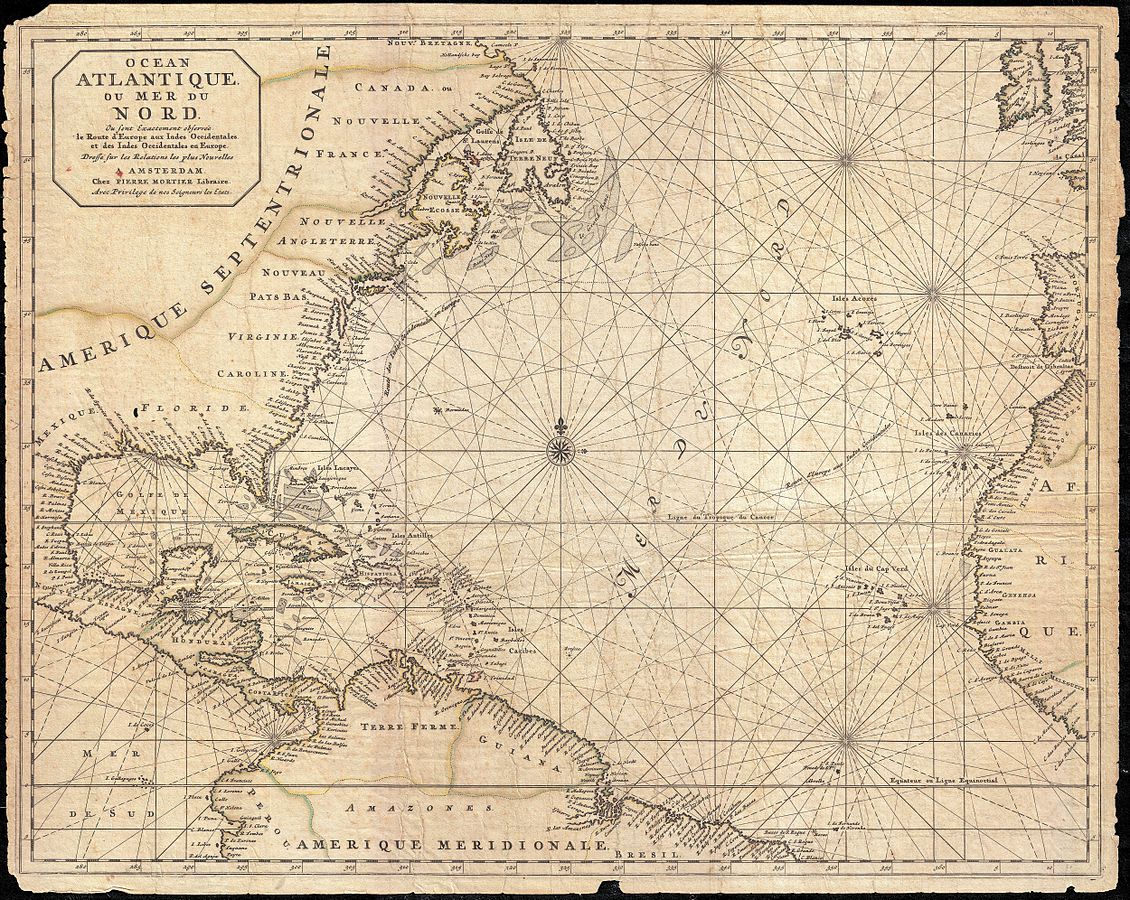Authors:
Historic Era:
Historic Theme:
Subject:
June 1976 | Volume 27, Issue 4


Authors:
Historic Era:
Historic Theme:
Subject:
June 1976 | Volume 27, Issue 4
Daniel J. Boorstin, recently appointed Librarian of Congress, and one of the most distinguished of American historians and social critics, recently gave a series of lectures in England, to be published later this month by Random House, Inc., under the title The Exploring Spirit . “The Therapy of Distance” is one chapter of the new book. —The Editors

With the settlement of the colonies in North America, for the first time in history the English “provinces” became transatlantic. The story of American civilization gives us an opportunity to see what may happen when a prospering old culture detaches a piece of itself to a great distance. On the other side of a broad ocean the civilization of Englishmen became something it never could have become within their little island. “Not a place upon earth might be so happy as America,” Thomas Paine observed in 1776. “Her situation is remote from all the wrangling world, and she has nothing to do but to trade with them.” But that was not the whole story.
The American colonies were not, of course, the first settlements of Englishmen outside of England. In fact, as Charles H. Mcllwain has shown, there was an ancient distinction in constitutional law between the realm of England (England itself) and the dominions (other lands “belonging to” England). The American colonies were not the first testing ground of the capacity of the English Constitution to provide machinery for self-government beyond the island.
In the seventeenth century, while Englishmen in America were building colonies, the Irish, separated by only a few miles of water, were trying without success to assert their right to legislate for themselves. The English Commonwealth Parliament of 1649, with the arrogance of a parvenu, declared that Parliament alone (“the People … without any King or House of Lords”) should have the power to govern England and “all the Dominions and Territories thereunto belonging.” The very same declaration which proclaimed England “to be a Commonwealth and Free-State” thus silently declared that Ireland had no right to govern itself. Free Englishmen asserted their right to make laws for all those whom they “possessed.” For the first time there emerged into constitutional parlance the notion of “British Possessions.” The irony of this situation, which escaped most English statesmen, was vivid enough to the dyspeptic Irishman Jonathan Swift, who called “government without the consent of the governed … the very definition of slavery.” The Irish, Swift noted, were well enough equipped with arguments, but the torrent of power prevailed—“in fact, eleven men well armed will certainly subdue one single man in his shirt.”
Ireland was too close to England, and the stakes of the Irish empire too